14 Things Dog Owners Regret Not Doing Sooner
Many dog owners start out focused on the basics: walks, food, and cuddles. But as years pass, it becomes clear there were smarter moves they could have made earlier. These overlooked actions don’t just make life easier; they lead to longer, healthier, and more comfortable lives for both the dog and its human.
Here are some of the most common missteps people only realize in hindsight.
Understanding They Need Space
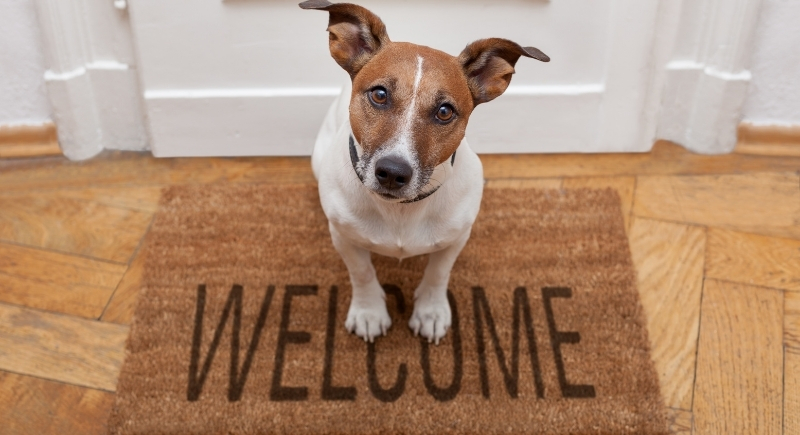
Credit: Canva
Adjusting to a new home takes time, even for confident animals. Puppies need to learn routines like potty breaks, leash walking, and quiet time. Rescue dogs might come with trauma or fear that needs gentle handling. Expecting perfect behavior too soon creates tension and disappointment.
Using Positive Reinforcement

Credit: Getty Images
Punishment may stop an action in the short term, but it sometimes increases fear or confusion. Rewarding good behavior with treats, praise, or play creates better long-term habits. Trained furry pals usually stay more engaged, respond faster, and form stronger bonds with their handlers.
Enrolling Them in Training and Socialization Classes
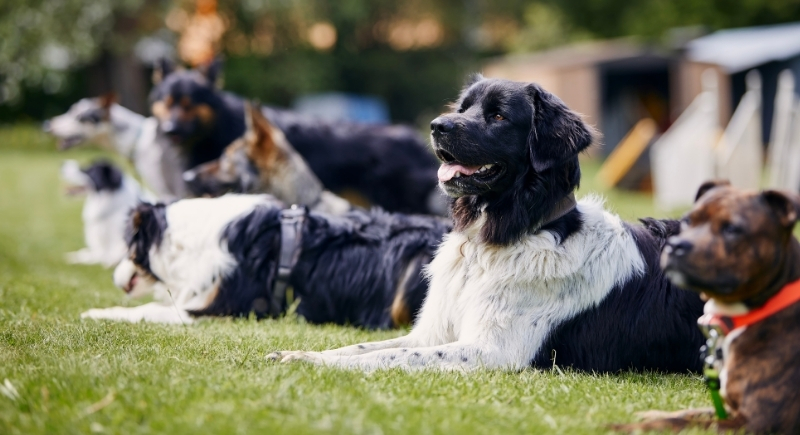
Credit: Getty Images
Training and socialization classes provide an organized space to teach focus, confidence, and patience. Dogs also get exposure to other animals, sounds, and environments. That prevents fear-based responses later in life. It’s a step most overlook until problems arise.
Attending Regular Grooming Appointments
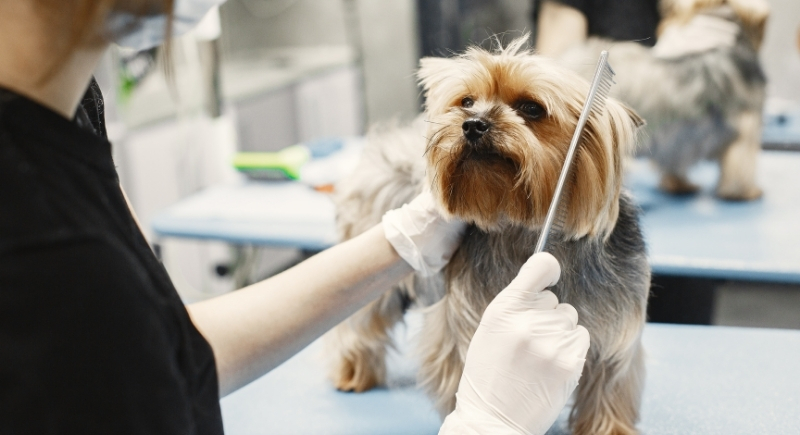
Credit: pexels
Neglecting grooming can lead to painful mats, skin infections, and long nails that affect dogs’ walking. Moisture trapped in tangled fur creates a perfect environment for bacteria. Several issues go unnoticed until they’ve become serious.
Keeping Them on Leash During Social Interactions

Credit: Canva
Various pet parents trust their dog’s friendliness without realizing that other dogs may not be ready. Off-leash greetings, especially in public spaces, can lead to fights or lasting anxiety. Controlled, on-leash introductions in neutral spaces give dogs time to feel safe.
Avoiding Giving Them Food Off the Table

Credit: Canva
Veterinarians regularly see pets with digestive issues linked to table scraps. Garlic, onions, and grapes are common ingredients in home cooking that can cause serious physical problems. Feeding from the table also encourages begging and disrupts feeding routines.
Providing Mental Stimulation
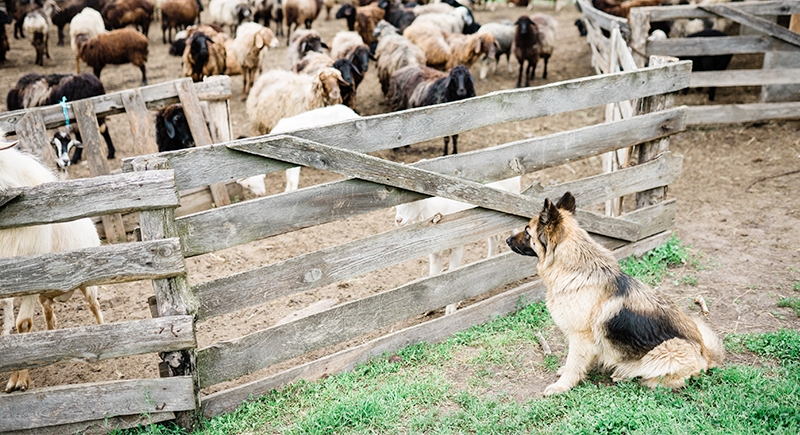
Credit: iStockphoto
Border collies, poodles, German shepherds, and many other breeds need more than just a walk to stay balanced. These breeds were developed for tasks like herding, retrieving, or guarding, and they crave mental challenges. Without enough stimulation, they may chew furniture, bark nonstop, or dig up the yard.
Realizing They Are Not People
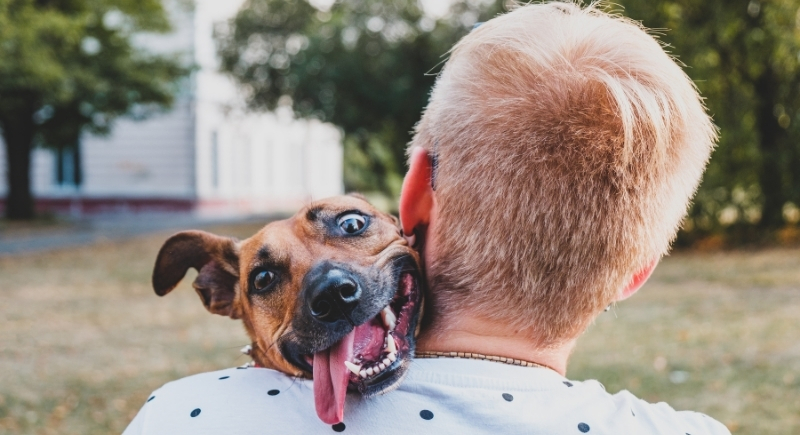
Credit: Canva
Some behaviors we see as cute or affectionate can confuse or overwhelm dogs. For example, hugging restricts their movement and often feels threatening. Understanding what makes your furry pal comfortable helps avoid unintentional stress.
Not Considering Their Personality

Credit: Getty Images
Numerous people adopt based on appearance without thinking about activity level or temperament. This mismatch may cause frustration on both sides. For example, herding breeds need tasks and movement, while companion breeds may need close human contact.
Setting Rules and Boundaries
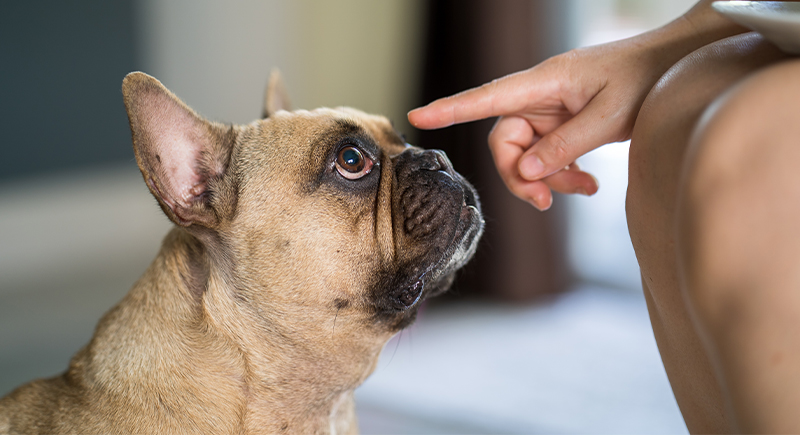
Credit: freepik
Dogs need structure to feel secure. Inconsistent rules create confusion and may lead to testing or defiance. If one family member allows jumping and another doesn’t, the four-legged companion struggles to understand limits.
Leaving Them Behind

Credit: Canva
Bringing dogs along on trips sounds complicated, so a lot of owners leave them behind. But kennels can create anxiety, especially for those used to companionship. Traveling together can strengthen the bond and reduce behavioral issues. With preparation and research, most dogs adapt well to car rides, new environments, and pet-friendly stays.
Improving Their Diet Early On
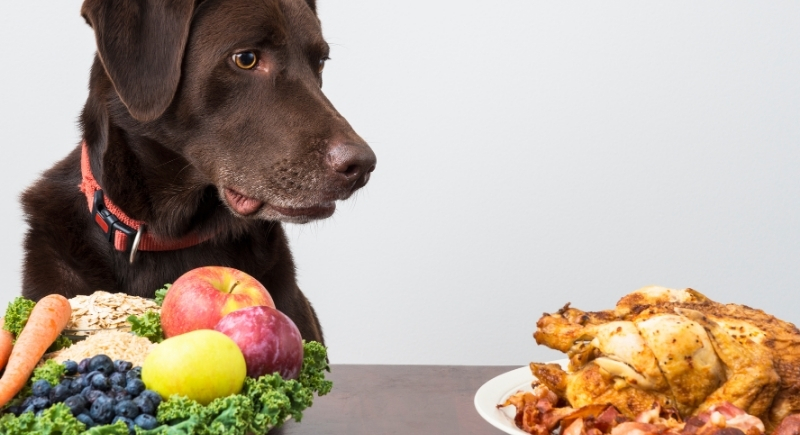
Credit: Getty Images
A poor-quality or inconsistent diet can lead to weight gain, chronic inflammation, and a greater risk of long-term health issues in dogs. Over time, these nutritional deficiencies may cause low energy, digestive trouble, and skin conditions that are difficult to reverse. Organs work harder under poor dietary conditions, and some effects don’t show until later in life.
Getting Pet Insurance When They Were Young

Credit: Getty Images
It is quite common for pet parents to skip pet insurance, thinking they’ll save money. Then a major health scare hits, and costs become overwhelming. And let’s not forget that treatments for accidents or illnesses can run thousands of dollars. This is why it is important to enrol your four-legged best friend when they are young.
Microchipping Right Away
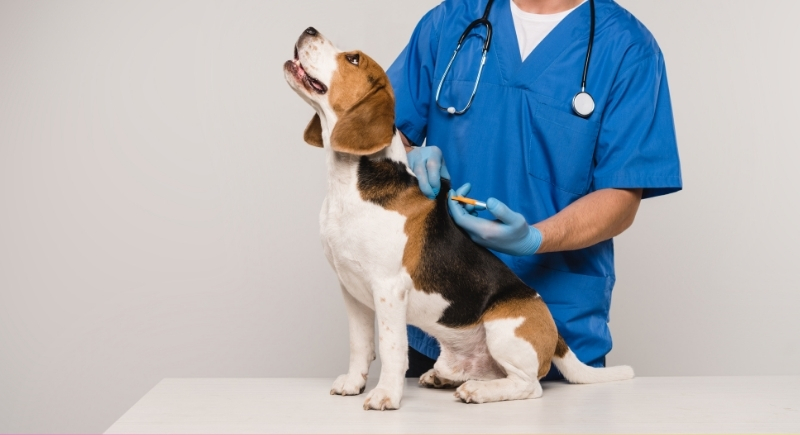
Credit: Getty Images
Shelter data shows that dogs with microchips are more than twice as likely to be reunited with their owners. Unlike collars, which can slip off or break, microchips are permanent and stay in place for life. When a lost dog arrives at a shelter, staff scan for a chip right away.
Annual Vet Checkups
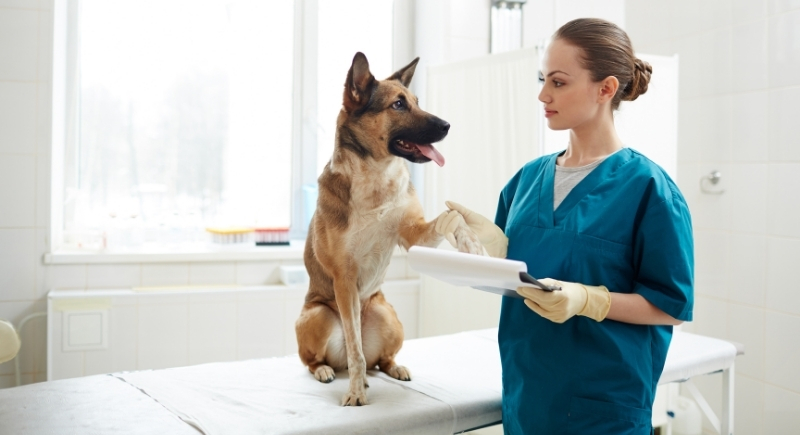
Credit: Getty Images
If your pup misses routine checkups, early signs of illness can go unnoticed until they become serious. These are helpful in monitoring weight, organ function, dental well-being, and mobility. Skipping even one appointment might delay important care.
Making Time for Daily Exercise

Credit: Getty Images
Generally, canines thrive on activity, and some breeds absolutely require it to stay balanced. Huskies, border collies, and boxers, for example, become difficult to manage without daily physical outlets. Movement supports not just muscles and joints but digestion and emotional stability, too.